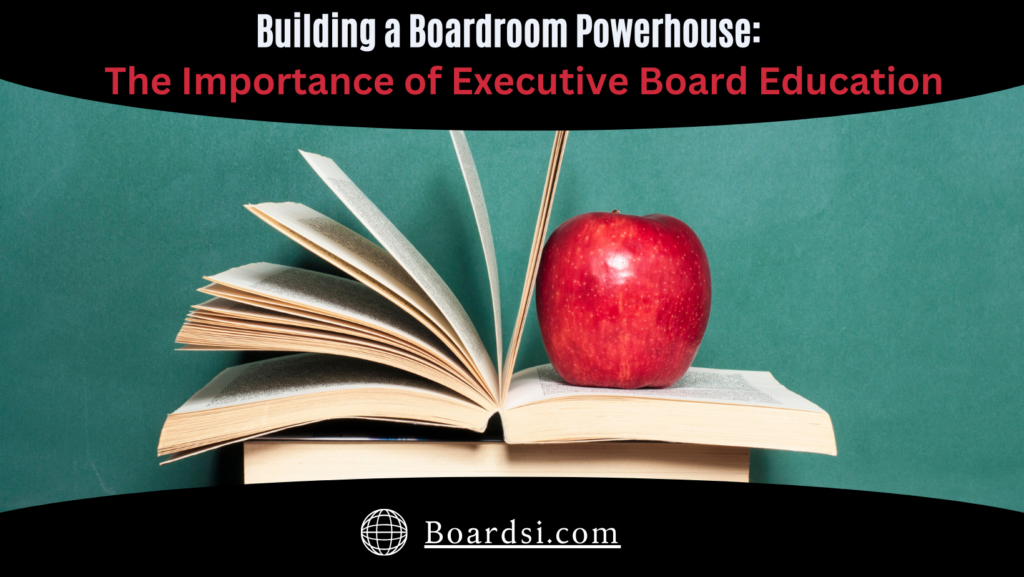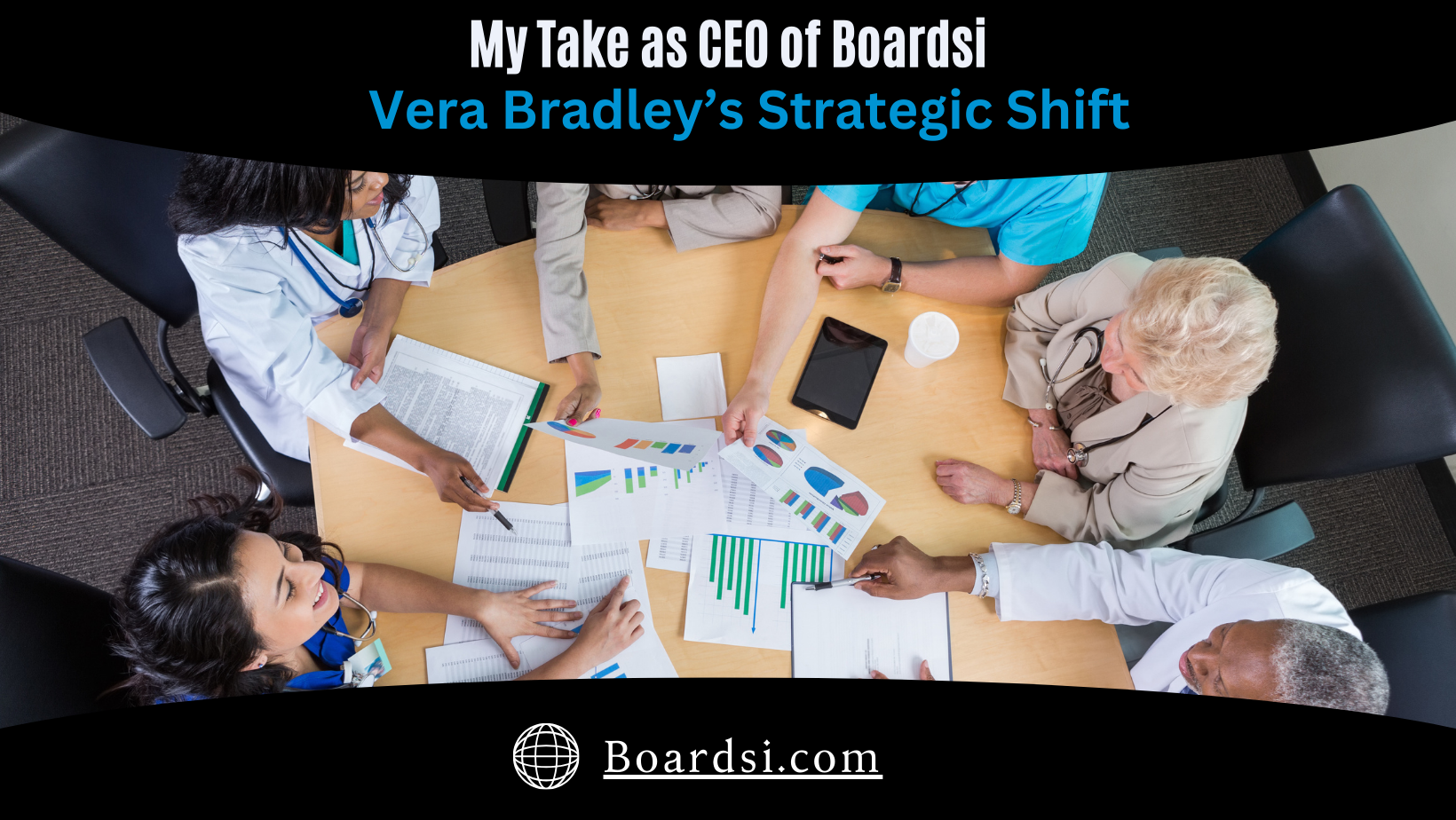For venture capital (VC) firms, having a strong board is essential for navigating the complex and dynamic world of startup investing. But beyond simply assembling a group of experienced individuals, fostering a culture of executive board education is key to maximizing your board’s impact. Boardsi.com, a leading platform for board management solutions, recognizes the value of continual learning for board members. This article explores the different types of executive board education for VC boards, outlines the benefits of ongoing learning, and highlights how Boardsi.com can empower your board with valuable resources.
Beyond Experience: Why Continuous Learning Matters for VC Boards
While experience is an asset, executive board education ensures VC board members stay informed and equipped to address evolving industry trends. Here’s why continuous learning is crucial:
- Maintaining Cutting-Edge Knowledge: Stay abreast of the latest developments in technology, regulations, and fundraising strategies that impact your portfolio companies.
- Enhanced Decision-Making: Develop a more nuanced understanding of complex issues, leading to informed and strategic investment decisions.
- Improved Board Dynamics: Foster a culture of intellectual curiosity and collaboration within the boardroom.
- Attracting Top Talent: Demonstrate a commitment to excellence and continual learning, making your board more attractive to top-tier VC professionals.
Investing in Knowledge: Types of Executive Board Education for VC Boards
Various forms of executive board education cater to the needs of VC boards:
- Formal Board Development Programs: Structured programs on corporate governance, venture capital best practices, and industry-specific topics.
- Industry Conferences & Webinars: Attend industry events and online seminars to access insights from leading experts and thought leaders.
- Peer Learning & Knowledge Sharing: Encourage board members to share industry updates and best practices with each other.
- Boardsi.com Resources: Access a wealth of articles, guides, and case studies on key topics relevant to VC boards.
Boardsi.com: Your Partner in Building a Knowledgeable Board
Boardsi.com empowers VC firms by providing resources and facilitating executive board education:
- Curated Content Library: Explore a vast library of articles, webinars, and resources on corporate governance, venture capital best practices, and industry trends.
- Board Benchmarking Tools: Evaluate your board’s effectiveness against established benchmarks and identify areas for improvement.
- Peer-to-Peer Networking: Connect and learn from other VC professionals through Boardsi.com’s network.
- Board Development Resources: Gain access to guides and best practices for building a strong board culture and facilitating effective board meetings.
Empowering Your VC Board for Success
Executive board education is an ongoing investment that ensures your VC board remains informed, strategic, and impactful. By fostering a culture of continuous learning and leveraging resources like Boardsi.com, you can empower your board to make informed decisions and guide your portfolio companies toward success.
#executiveboardeducation, #vcboarddevelopment, #boardsi, #corporategovernance, #leadership, #venturecapital, #innovation, #business, #education, #development









